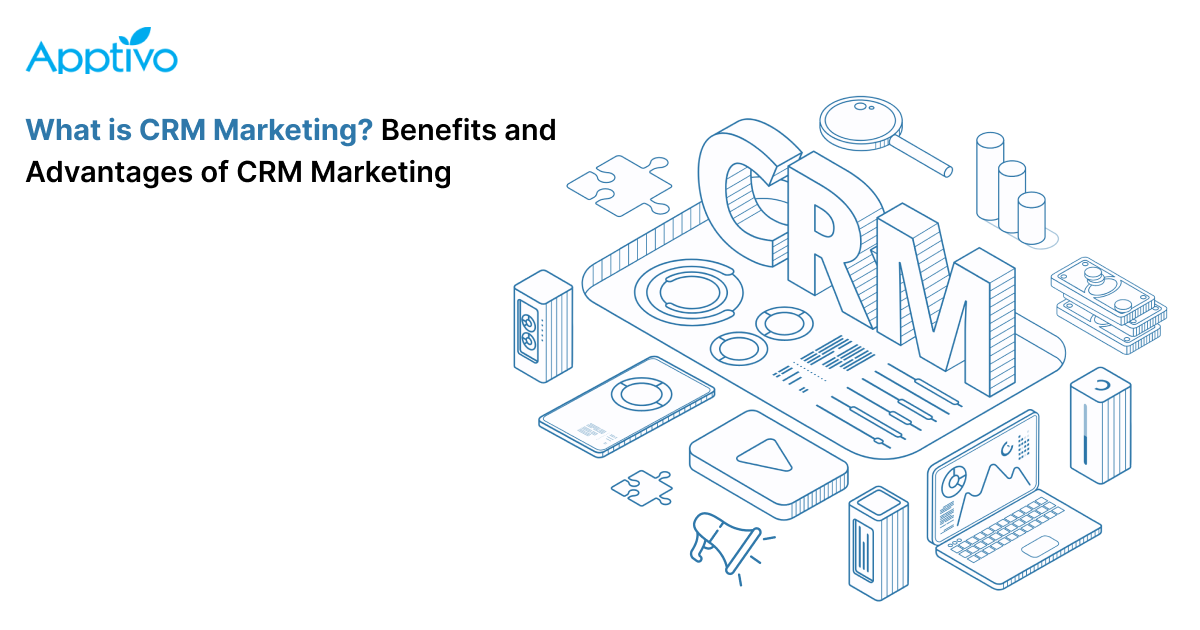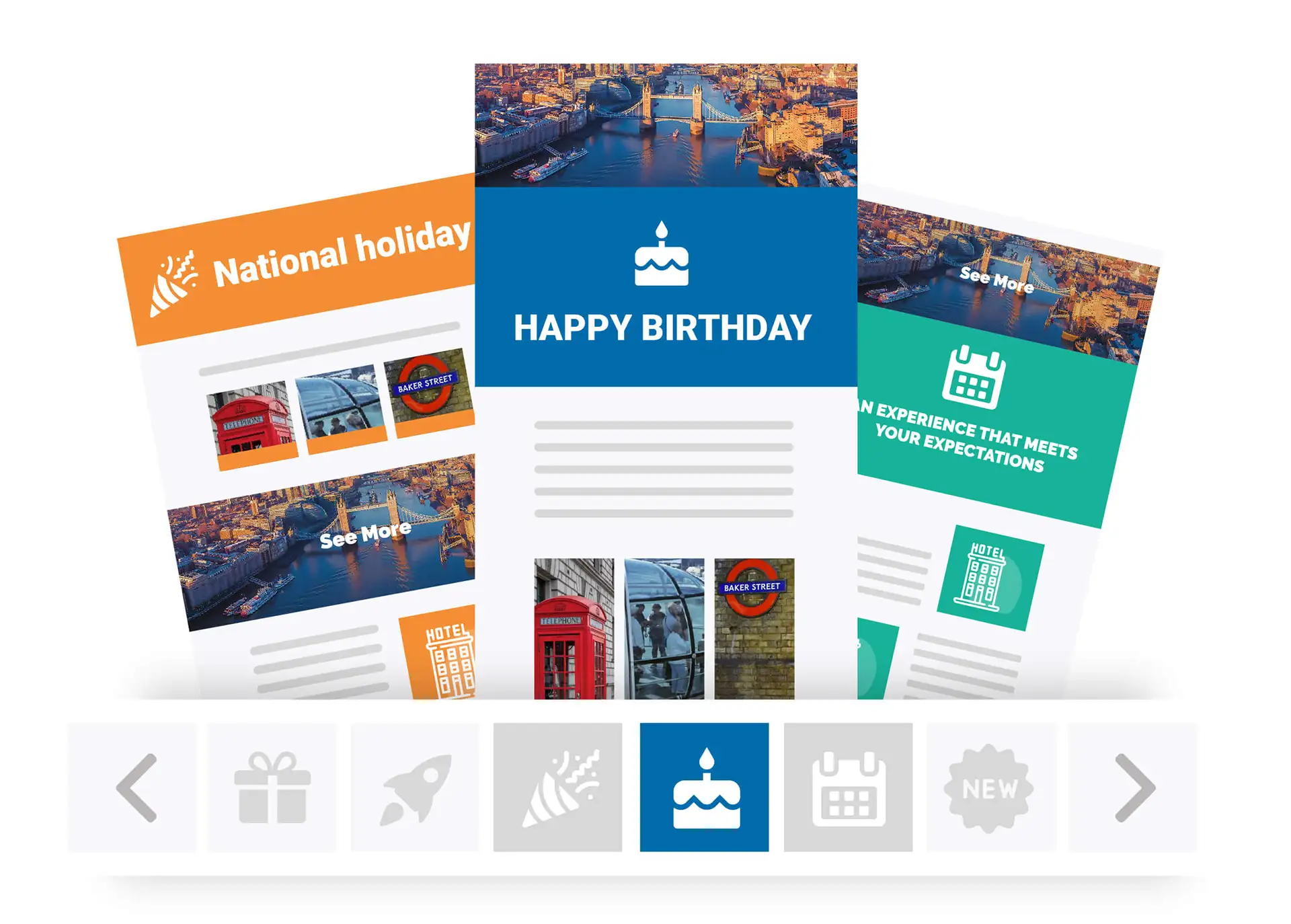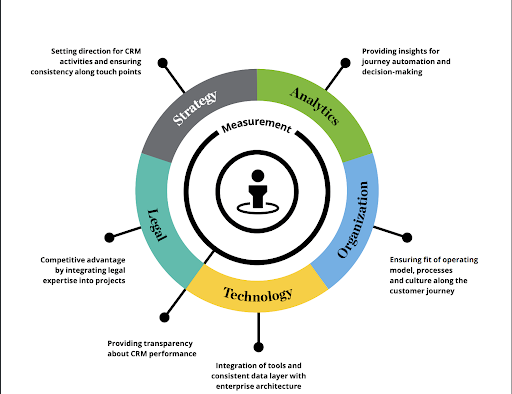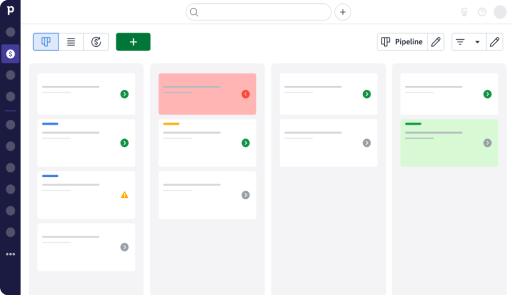Bake Your Success: The Ultimate CRM Guide for Small Bakeries
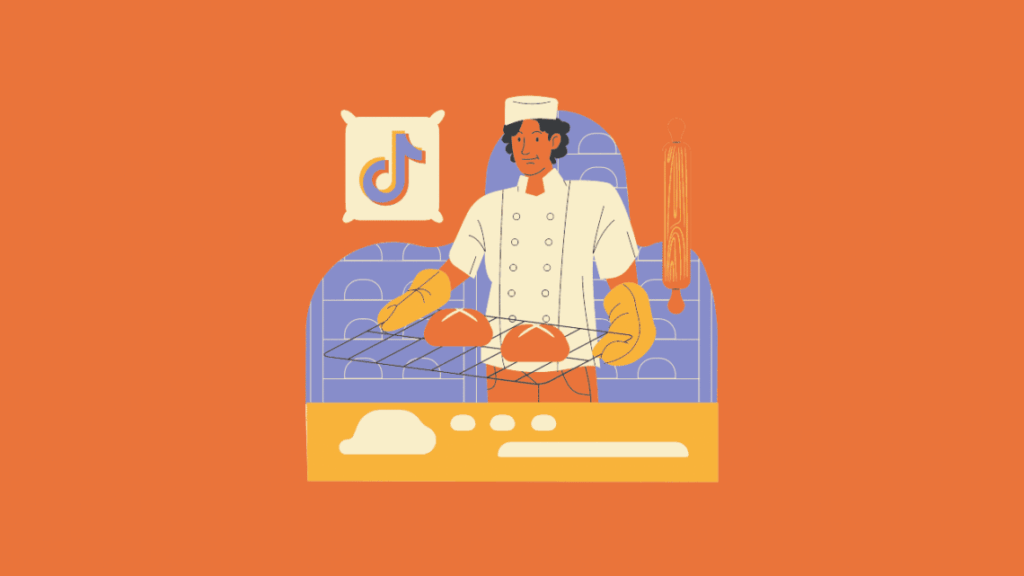
The Sweetest Business Secret: Why Small Bakeries Need a CRM
Running a small bakery is a labor of love. You’re not just selling bread, pastries, and cakes; you’re crafting experiences, building relationships, and becoming a part of your community’s daily life. But behind the delicious aromas and happy customers lies a complex business. Juggling orders, managing inventory, tracking customer preferences, and keeping up with marketing can feel like a never-ending to-do list. This is where a Customer Relationship Management (CRM) system steps in, becoming the unsung hero of your bakery’s success.
Think of a CRM as your digital sous chef. It helps you organize, automate, and optimize every aspect of your customer interactions. From the first inquiry to the post-purchase follow-up, a CRM ensures that no detail is missed, no opportunity is lost, and every customer feels valued. In this comprehensive guide, we’ll delve into the world of CRM, specifically tailored for small bakeries, and explore how it can transform your business from good to extraordinary.
What is a CRM, and Why Does Your Bakery Need One?
At its core, a CRM is a system that helps you manage your interactions with current and potential customers. It’s a central hub where you store all customer-related information, track communications, and manage sales processes. But for a small bakery, a CRM offers so much more. It’s a tool that:
- Centralizes Customer Data: Store customer contact information, order history, preferences (like favorite flavors or dietary restrictions), and communication history in one accessible location.
- Streamlines Order Management: Simplify the process of taking, tracking, and fulfilling orders, reducing errors and saving time.
- Personalizes Customer Interactions: Tailor your communication and offers based on customer preferences, leading to increased customer satisfaction and loyalty.
- Automates Marketing Efforts: Send targeted email campaigns, birthday greetings, and special offers to specific customer segments.
- Improves Sales Reporting: Track sales trends, identify top-selling products, and understand your customer base to make informed business decisions.
- Boosts Customer Loyalty: Provide exceptional customer service and build stronger relationships, encouraging repeat business and positive word-of-mouth referrals.
Without a CRM, you might be relying on spreadsheets, sticky notes, and a scattered email inbox. This fragmented approach leads to inefficiencies, missed opportunities, and a frustrating experience for both you and your customers. A CRM streamlines these processes, freeing up your time to focus on what you do best: baking delicious treats.
Key Features to Look for in a CRM for Your Bakery
Not all CRMs are created equal. When choosing a CRM for your bakery, consider these essential features:
1. Contact Management
This is the foundation of any good CRM. Look for a system that allows you to:
- Store comprehensive customer profiles: Include contact information, purchase history, dietary restrictions, allergies, preferred flavors, and any other relevant details.
- Segment your customer base: Group customers based on demographics, purchase behavior, or preferences.
- Easily search and filter your customer data: Quickly find the information you need when you need it.
2. Order Management
A robust order management system is crucial for bakeries. Your CRM should:
- Allow you to take and track orders: Whether it’s through phone, email, or online, your CRM should help you manage all incoming orders efficiently.
- Provide order status updates: Keep customers informed about the progress of their orders.
- Generate invoices and manage payments: Simplify the billing process and track payments.
- Integrate with your point-of-sale (POS) system: Seamlessly sync order data with your sales records.
3. Email Marketing
Email marketing is a powerful tool for bakeries. Your CRM should enable you to:
- Create and send targeted email campaigns: Promote new products, special offers, and events to specific customer segments.
- Automate email workflows: Send welcome emails to new customers, birthday greetings, and order confirmations.
- Track email performance: Monitor open rates, click-through rates, and conversion rates to optimize your campaigns.
4. Customer Service
Exceptional customer service is key to building loyalty. Your CRM should help you:
- Track customer interactions: Record all communication with customers, including emails, phone calls, and in-person interactions.
- Manage customer inquiries and complaints: Respond to customer inquiries promptly and efficiently.
- Provide personalized support: Use customer data to tailor your responses and offer solutions.
5. Reporting and Analytics
Data is your friend. Your CRM should provide you with:
- Sales reports: Track sales trends, identify top-selling products, and analyze your revenue.
- Customer insights: Understand your customer base, identify their preferences, and tailor your marketing efforts.
- Performance metrics: Monitor your email marketing performance, customer satisfaction, and other key metrics.
6. Integrations
Your CRM should integrate with other tools you use, such as:
- POS systems: Sync sales data with your CRM.
- Accounting software: Streamline your financial processes.
- Email marketing platforms: Enhance your email marketing capabilities.
- Website and online ordering platforms: Integrate customer data and streamline online orders.
Top CRM Systems Tailored for Small Bakeries
Now, let’s dive into some of the best CRM systems for small bakeries, considering their features, pricing, and ease of use.
1. Hubspot CRM
Overview: Hubspot CRM is a popular and versatile platform, offering a free version that’s ideal for small businesses. It’s known for its user-friendly interface and comprehensive features.
Key Features for Bakeries:
- Contact Management: Excellent contact management with detailed customer profiles.
- Email Marketing: Robust email marketing capabilities, including automation.
- Sales Pipeline: Manage your sales process and track leads.
- Reporting and Analytics: Provides insightful reports to track your performance.
- Integrations: Integrates with a wide range of apps, including email providers and marketing tools.
Pros:
- Free version available.
- User-friendly interface.
- Comprehensive features.
- Excellent email marketing capabilities.
- Scalable for growing businesses.
Cons:
- The free version has limitations on features and contacts.
- Some advanced features require paid plans.
Pricing: Free plan available; Paid plans start from $45 per month.
2. Zoho CRM
Overview: Zoho CRM is a powerful and affordable CRM solution, offering a wide range of features suitable for small businesses. It’s known for its customization options and strong integrations.
Key Features for Bakeries:
- Contact Management: Detailed contact management with custom fields.
- Sales Automation: Automate your sales processes and streamline your workflow.
- Email Marketing: Integrated email marketing tools.
- Workflow Automation: Automate repetitive tasks.
- Integrations: Integrates with a variety of apps, including email providers, accounting software, and social media platforms.
Pros:
- Affordable pricing.
- Highly customizable.
- Strong integrations.
- Good for sales automation.
Cons:
- The interface can be overwhelming for beginners.
- Some features require a learning curve.
Pricing: Free plan available; Paid plans start from $14 per user per month.
3. Freshsales
Overview: Freshsales is a sales-focused CRM designed to help businesses manage their sales pipeline effectively. It offers a user-friendly interface and a range of features to streamline sales processes.
Key Features for Bakeries:
- Contact Management: Efficient contact management with detailed information.
- Sales Pipeline Management: Visualize and manage your sales pipeline.
- Email Tracking: Track email opens and clicks.
- Lead Scoring: Prioritize leads based on their engagement.
- Integrations: Integrates with various apps.
Pros:
- User-friendly interface.
- Strong sales pipeline management.
- Good for sales teams.
Cons:
- Less focus on marketing automation compared to other options.
- Some features are limited in the free plan.
Pricing: Free plan available; Paid plans start from $15 per user per month.
4. Pipedrive
Overview: Pipedrive is a sales-focused CRM designed for small businesses. It’s known for its visual and intuitive interface, making it easy to manage your sales pipeline.
Key Features for Bakeries:
- Visual Sales Pipeline: Manage your sales pipeline with a clear and intuitive view.
- Contact Management: Basic contact management with key information.
- Activity Tracking: Track your sales activities and stay organized.
- Email Integration: Integrate with your email provider.
- Reporting: Provides basic sales reports.
Pros:
- User-friendly interface.
- Visual sales pipeline.
- Easy to use.
Cons:
- Limited features compared to other options.
- Less focus on marketing automation.
Pricing: Paid plans start from $14.90 per user per month.
5. EngageBay
Overview: EngageBay is an all-in-one CRM that combines sales, marketing, and customer service features. It’s a great option for small businesses looking for a comprehensive solution.
Key Features for Bakeries:
- Contact Management: Detailed contact management.
- Email Marketing: Powerful email marketing automation.
- Sales Automation: Automate sales processes.
- Live Chat: Provides live chat functionality for customer service.
- Help Desk: Manage customer inquiries and support tickets.
Pros:
- All-in-one solution.
- Comprehensive features.
- Good for sales and marketing automation.
Cons:
- The interface can be overwhelming for some users.
- Requires a learning curve.
Pricing: Free plan available; Paid plans start from $12.99 per user per month.
Choosing the Right CRM for Your Bakery: A Step-by-Step Guide
Selecting the right CRM is a critical decision. To make the best choice for your bakery, follow these steps:
1. Assess Your Needs
Before you start evaluating CRM systems, take the time to understand your bakery’s specific needs. Consider these questions:
- What are your current challenges? Are you struggling with order management, customer communication, or marketing?
- What are your goals? Do you want to increase sales, improve customer loyalty, or streamline your operations?
- What features are essential? Make a list of must-have features, such as contact management, order management, and email marketing.
- What is your budget? Determine how much you can afford to spend on a CRM system.
2. Research CRM Options
Once you know your needs, start researching different CRM systems. Compare their features, pricing, and reviews. Consider the options mentioned above, and explore other CRM providers.
3. Evaluate Ease of Use
The CRM should be easy to use and navigate. Look for a system with a user-friendly interface and intuitive features. Consider how much time and effort it will take to learn the system and train your staff.
4. Consider Integrations
Ensure that the CRM integrates with the other tools you use, such as your POS system, accounting software, and email marketing platform. This will streamline your workflow and save you time.
5. Test Drive the CRM
Many CRM providers offer free trials or demos. Take advantage of these opportunities to test the system and see if it’s a good fit for your bakery. Try out the key features and see how easy it is to use.
6. Consider Customer Support
Make sure the CRM provider offers excellent customer support. Look for options such as online documentation, tutorials, and responsive customer service. This will be invaluable if you encounter any problems.
7. Start Small and Scale Up
Once you’ve chosen a CRM, start by implementing it gradually. Begin with the essential features and gradually add more features as you become more comfortable with the system. This will help you minimize disruption and ensure a smooth transition.
Tips for Successfully Implementing a CRM in Your Bakery
Implementing a CRM is not just about selecting the right software; it’s also about making it a part of your bakery’s culture. Here are some tips to ensure a smooth implementation:
1. Get Buy-In from Your Team
Involve your team in the decision-making process and get their feedback. Explain the benefits of the CRM and how it will improve their work. Provide training and support to ensure that everyone understands how to use the system.
2. Clean Up Your Data
Before you migrate your data to the CRM, take the time to clean it up. Remove any outdated or inaccurate information. This will ensure that your CRM data is accurate and reliable.
3. Customize the CRM to Fit Your Needs
Tailor the CRM to your bakery’s specific needs. Customize the fields, workflows, and reports to reflect your processes. This will ensure that the CRM is a valuable tool for your business.
4. Train Your Team
Provide comprehensive training to your team on how to use the CRM. Offer ongoing support and answer any questions they may have. This will ensure that everyone can use the system effectively.
5. Monitor and Analyze Your Results
Regularly monitor your CRM data and analyze your results. Track your sales trends, customer engagement, and other key metrics. Use this data to make informed decisions and optimize your CRM usage.
6. Integrate with Your Website and Social Media
Connect your CRM with your website and social media platforms to capture leads, track customer interactions, and personalize your marketing efforts. This will help you build a stronger online presence and attract more customers.
7. Automate Where Possible
Leverage the automation features of your CRM to streamline your processes and save time. Automate tasks such as sending welcome emails, birthday greetings, and order confirmations. This will free up your time to focus on other important tasks.
The Sweet Rewards: Benefits of a CRM for Your Bakery
Investing in a CRM for your small bakery is an investment in your future. The benefits are numerous and far-reaching:
- Increased Sales: By understanding your customers’ preferences and tailoring your marketing efforts, you can increase sales and attract new customers.
- Improved Customer Loyalty: Providing exceptional customer service and building strong relationships will encourage repeat business and positive word-of-mouth referrals.
- Enhanced Efficiency: Streamlining your operations and automating tasks will save you time and money.
- Better Decision-Making: Access to real-time data and analytics will enable you to make informed business decisions.
- Stronger Brand Reputation: Providing a personalized and positive customer experience will enhance your brand reputation and build customer trust.
In the competitive world of small bakeries, a CRM is no longer a luxury; it’s a necessity. It empowers you to build stronger customer relationships, streamline your operations, and achieve long-term success. So, take the plunge, choose the right CRM for your bakery, and start baking your way to a sweeter future!
Beyond the Basics: Advanced CRM Strategies for Bakeries
Once you’ve implemented a CRM and mastered the fundamentals, you can explore advanced strategies to further enhance your bakery’s success:
1. Loyalty Programs
Use your CRM to create and manage loyalty programs. Reward your loyal customers with exclusive discounts, special offers, and early access to new products. Track their participation and tailor your rewards to their preferences. This will incentivize repeat business and increase customer lifetime value.
2. Personalized Recommendations
Leverage your CRM data to provide personalized product recommendations. Analyze customer purchase history and preferences to suggest items they might enjoy. This can be done through email marketing, in-store displays, or online ordering platforms. Personalized recommendations enhance the customer experience and drive sales.
3. Customer Segmentation
Go beyond basic customer segmentation. Use your CRM to create highly targeted customer segments based on various criteria, such as purchase frequency, product preferences, location, and demographics. This allows you to tailor your marketing messages and offers to specific customer groups, maximizing their effectiveness.
4. Feedback Collection
Integrate feedback collection into your CRM strategy. Send automated surveys or feedback requests after each purchase or interaction. Use the feedback to improve your products, services, and customer experience. This will help you identify areas for improvement and build a customer-centric business.
5. Integration with Online Ordering Systems
If you offer online ordering, integrate your CRM with your online ordering system. This will allow you to capture customer data, track online orders, and personalize the online ordering experience. You can also send automated order confirmations, delivery updates, and promotional offers through your CRM.
6. Social Media Integration
Connect your CRM with your social media platforms. Track customer interactions, analyze social media engagement, and use social media to promote your products and services. You can also use social media to provide customer support and build a strong online community.
7. Advanced Analytics
Explore advanced analytics features within your CRM or integrate with other analytics tools. Analyze customer behavior, sales trends, and marketing performance to gain deeper insights into your business. Use these insights to optimize your marketing strategies, improve your products, and drive revenue growth.
Addressing Common Concerns and Challenges
While a CRM offers significant benefits, small bakeries may face certain challenges during implementation and usage. Addressing these concerns proactively can ensure a successful CRM adoption:
1. Cost
The cost of a CRM system can be a barrier for some small bakeries. However, consider the long-term benefits and return on investment. Many CRM providers offer free or affordable plans for small businesses. Evaluate your budget and choose a CRM that fits your financial constraints.
2. Data Migration
Migrating your existing customer data to a new CRM can be time-consuming. Plan your data migration process carefully. Clean up your data before migration to ensure accuracy. Consider using a data migration tool or hiring a consultant to assist with the process.
3. Training and Adoption
Ensuring that your team adopts and uses the CRM effectively requires training and support. Provide comprehensive training on how to use the system. Offer ongoing support and answer any questions your team may have. Monitor their usage and provide additional training as needed.
4. Time Commitment
Implementing and maintaining a CRM requires a time commitment. Allocate sufficient time for the initial setup, data migration, training, and ongoing management. Consider assigning a dedicated team member or hiring a consultant to manage the CRM.
5. Integration Challenges
Integrating your CRM with other systems can sometimes present challenges. Choose a CRM that offers seamless integrations with your existing tools. If you encounter integration issues, seek assistance from the CRM provider or a technical expert.
The Future of CRM in the Bakery Industry
The future of CRM in the bakery industry is bright, with ongoing advancements and innovations:
1. Artificial Intelligence (AI)
AI-powered CRM systems are becoming increasingly sophisticated, offering features such as predictive analytics, automated customer service, and personalized recommendations. AI can help bakeries gain deeper insights into customer behavior and optimize their marketing efforts.
2. Mobile CRM
Mobile CRM apps are becoming essential for businesses on the go. Mobile CRM allows you to access customer data, manage orders, and communicate with customers from anywhere. This is particularly useful for bakeries that offer delivery or catering services.
3. Enhanced Personalization
CRM systems are enabling bakeries to personalize the customer experience to an unprecedented level. By leveraging customer data, bakeries can tailor their communication, offers, and product recommendations to individual preferences. This level of personalization drives customer loyalty and increases sales.
4. Integration with E-commerce
The integration of CRM with e-commerce platforms is becoming increasingly important. This allows bakeries to manage online orders, track customer data, and personalize the online shopping experience. The seamless integration of CRM and e-commerce drives online sales and strengthens customer relationships.
5. Focus on Customer Experience
The focus of CRM systems is shifting towards enhancing the customer experience. Bakeries are using CRM to provide exceptional customer service, build strong relationships, and create memorable experiences. The emphasis on customer experience differentiates successful bakeries from the competition.
Conclusion: Sweetening Your Success with CRM
In conclusion, a CRM is an indispensable tool for small bakeries looking to thrive in today’s competitive market. By centralizing customer data, streamlining operations, personalizing customer interactions, and automating marketing efforts, a CRM empowers you to build stronger customer relationships, increase sales, and achieve long-term success.
From choosing the right CRM to implementing it effectively and exploring advanced strategies, this guide has provided you with the knowledge and insights you need to transform your bakery. Embrace the power of CRM and start baking your way to a sweeter future. The aroma of success awaits!

